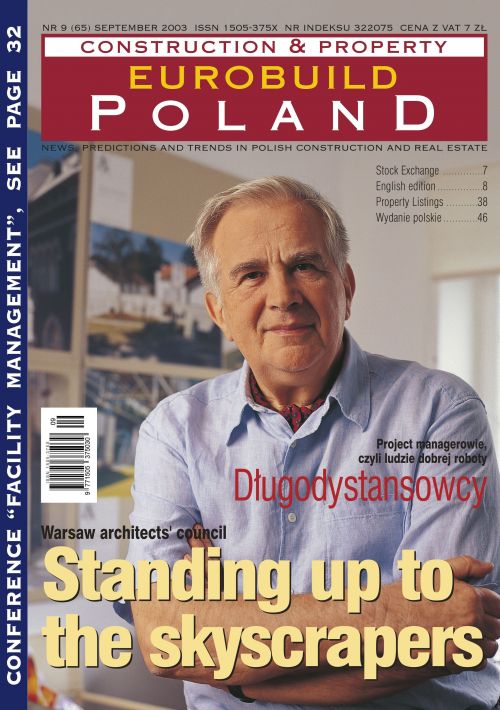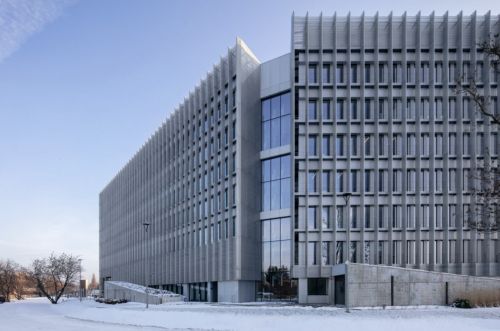Consistency, openness and good organisational skills are the key characteristics of a successful project manager, but "perseverance is just as important because project management is a lot like long distance running," says Marcin Klammer, Project Manager at EC Harris
Project managers must have a deep knowledge of all aspects of design and construction. In Marcin Klammer's view they can also be compared to orchestra conductors, who don't need to play each instrument but must know how they work. You may acquire some knowledge while at university, by studying architecture for instance, but the real school starts later when daily problems occur, of which there are plenty on a building site.
Show me your CV"I think that what a project manager has done in the past and his approach are more important than having an official title," says Jonathan Cohen, head of Gleeds Polska, who can boast many years of managerial experience. "When I meet potential project managers I ask them about their app




























































